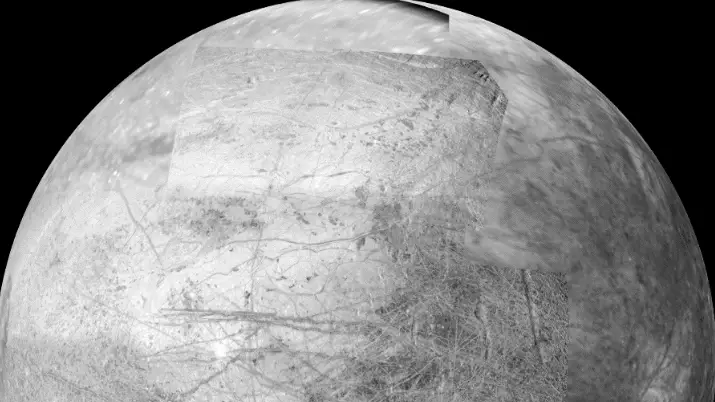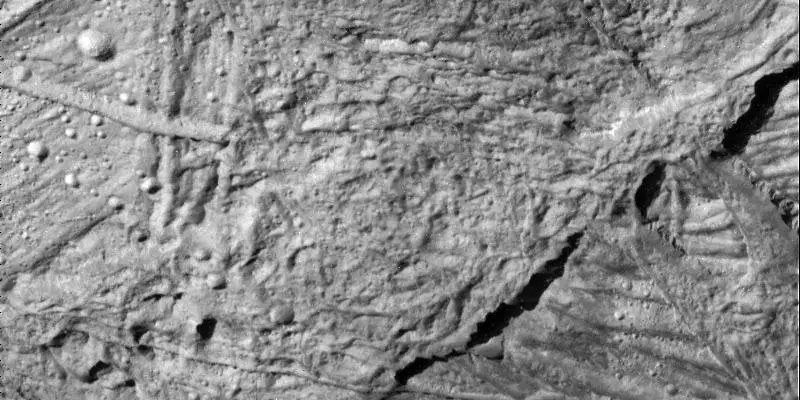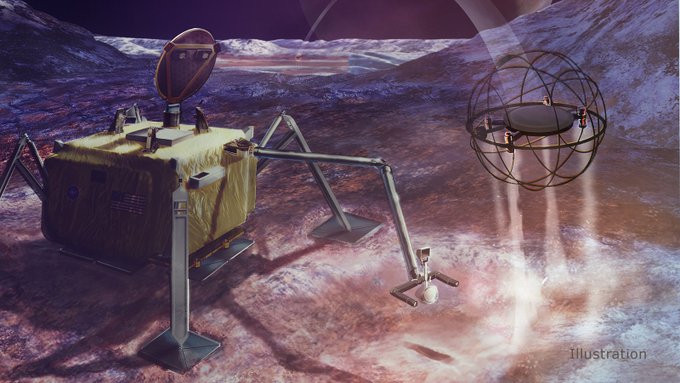
Scientists from NASA think Jupiter's moon Europa could sustain life. Well, that's just what 2020 needs, isn't it? Some aliens thrown into the mix.
According to new research based on computer simulations, the reservoirs below the ice-shell of Europa could be home to alien life.
Lead author Dr Mohit Melwani Daswani, a geochemist at NASA's Jet Propulsion Laboratory in Pasadena, California, said: "We believe this ocean could be quite habitable for life."

The ocean on Europa, which is one of the largest moons in our solar system, may have formed after water-bearing minerals broke down.
Advert
In 2016 the Hubble Space Telescope found evidence of plumes of water vapour erupting from the surface of Europa.
The team used data from NASA's Galileo spacecraft and Hubble to build their model, the results of which have not yet been peer-reviewed but were presented at the 2020 Goldschmidt geochemistry conference.
The team say the sea would have originally been mildly acidic, containing high levels of calcium, sulphate and carbon dioxide - but it's now salty, like our seas on Earth.
Dr Daswani said: "Indeed it was thought this ocean could still be rather sulphuric.
Advert
"But our simulations - coupled with data from the Hubble Space Telescope showing chloride on Europa's surface - suggests the water most likely became chloride rich.
"In other words, its composition became more like oceans on Earth."
He added: "Europa is one of our best chances of finding life in our solar system." Pretty bloody exciting, eh?
NASA is currently working on a mission to send a spacecraft to Europa to check it out.
Dr Daswani said: "Our work aims to prepare for it. Our models lead us to think the oceans in other moons, such as Europa's neighbour Ganymede, and Saturn's moon Titan, may also have formed by similar processes.
Advert
"We still need to understand several points though, such as how fluids migrate through Europa's rocky interior."
He added: "NASA's Europa Clipper mission will launch in the next few years, and so our work aims to prepare for the mission, which will investigate Europa's habitability."
Featured Image Credit: NASATopics: Interesting, space
